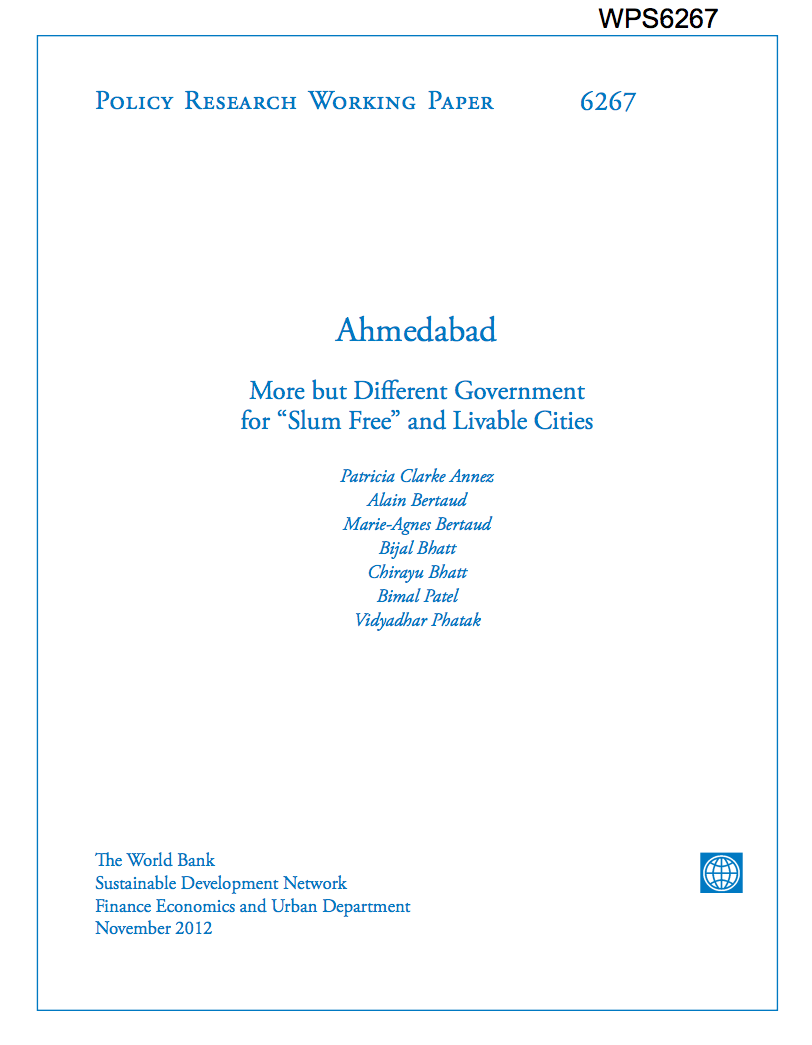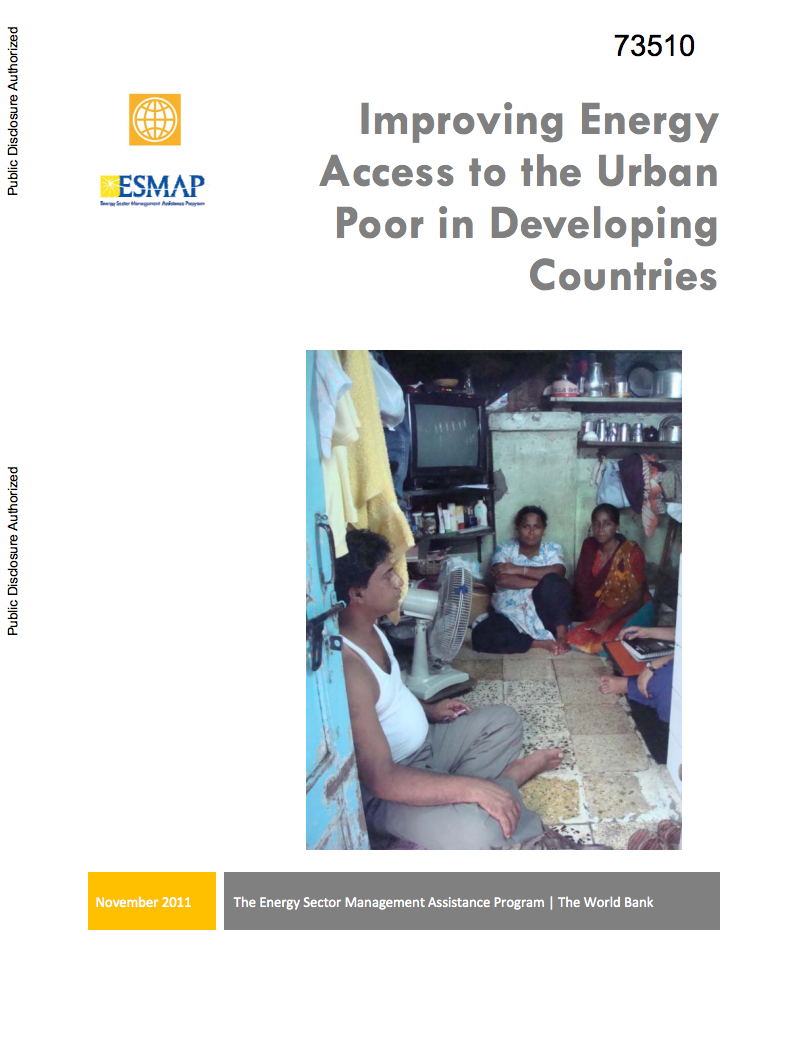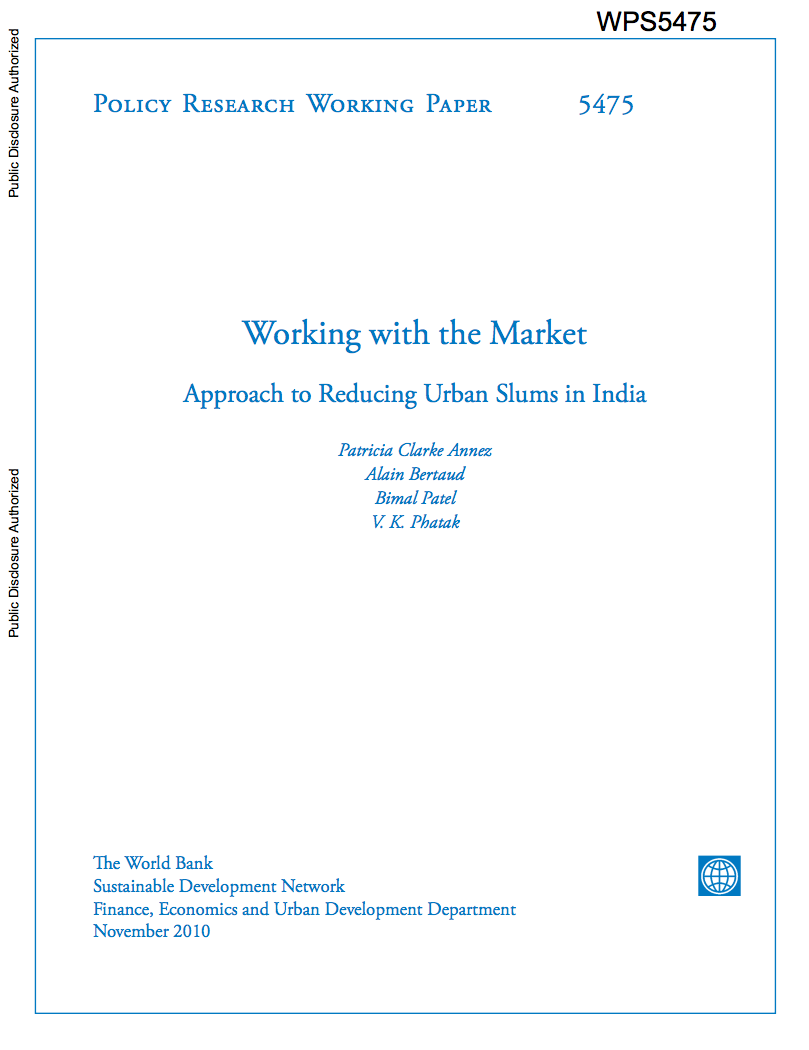The Great Migration : Urban Aspirations
The great 21st-century migration into
cities will present both a great challenge for humanity and
a significant opportunity for global economic growth. This
paper describes the diverse patterns that define this
metropolitan migration. It then lays out a framework for
understanding the costs and benefits of new arrivals through
migration's externalities and the challenges and policy
tradeoffs that confront city stakeholders. The paper




